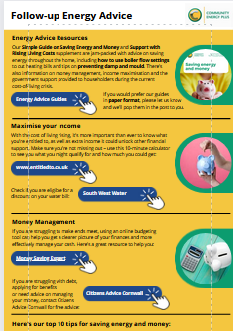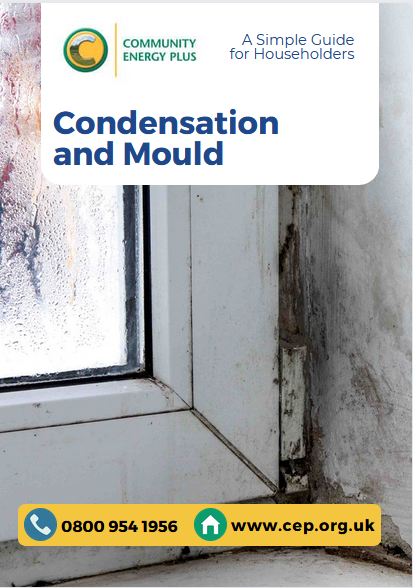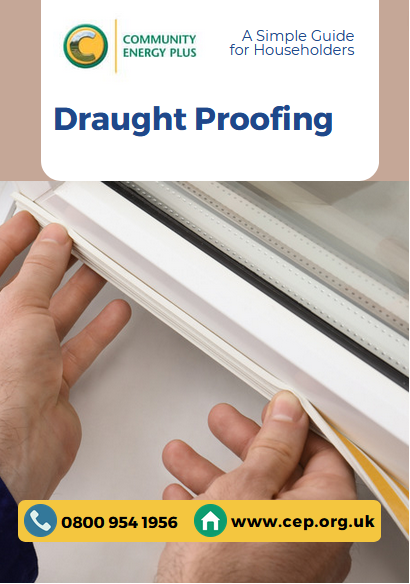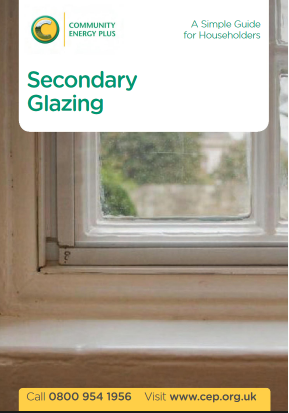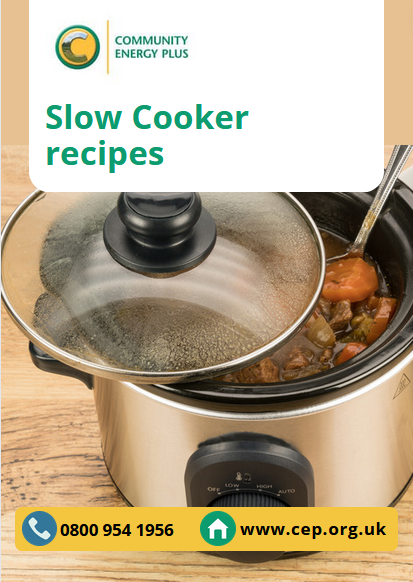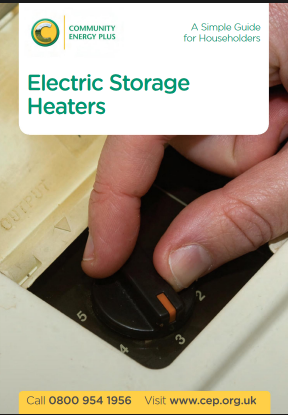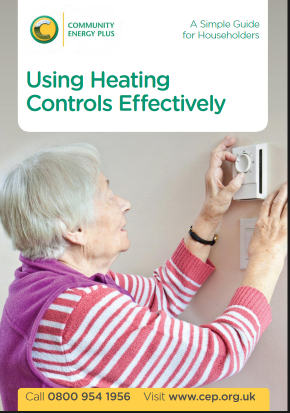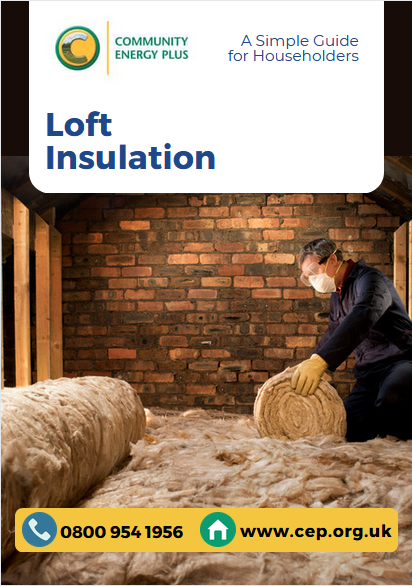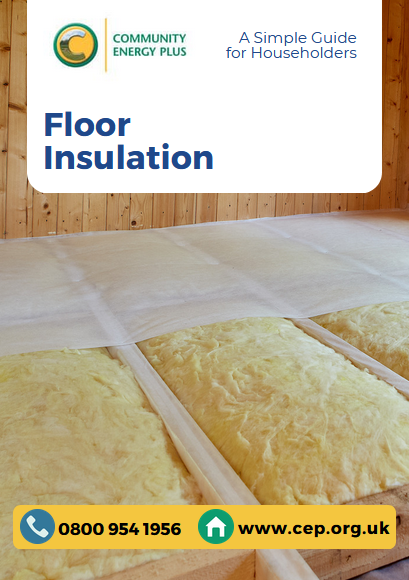Energy Advice Guides for Householders
Saving energy and money
With increasing energy bills and rising living costs, there’s never been a better time to look at ways to save energy and money.
Support with rising living costs
With increasing energy bills and rising living costs, there’s never been a better time to look at ways to save energy and money. Read this supplement to our Saving Energy and Money Guide, with all the latest help, advice and support available for householders in Cornwall.
Follow-up energy advice
If you’ve spoken with us, are waiting to speak with us or would just like some general advice, we hope this leaflet will be useful, in addition to our energy advice guides.
Priority Services Register
All utility companies, including gas and electricity suppliers, are obliged to offer a range of FREE services and additional benefits to support their most vulnerable customers. The free services listed in this guide are available to all mains gas, electricity, and water customers who meet the eligibility criteria. For further information, visit National Grid.
Condensation and mould
This simple guide looks at condensation; how to avoid condensation and prevent mildew and mould growth; ventilation; and reducing moisture in the air.
Draught Proofing
Every property needs to have a certain level of ventilation to let fresh air in and reduce condensation and mould, but gaps in the wrong places can lead to cold draughts and heat loss. To draught proof your home you should block up unwanted gaps that let cold air in and warm air out. Keeping the warmth in means you’ll use less energy to heat your home, so you’ll save money while enjoying a cosier home.This simple guide looks at DIY solutions for the most common causes of draughts in the home.
Secondary Glazing
This simple guide looks at types of temporary secondary glazing; semi-permanent secondary glazing; and windows in period properties.
Slow Cooker Recipes
Using a slow cooker can save energy, time and money. With minimum effort, you can make filling, tasty and budget-friendly meals for you and your family. We hope this recipe booklet helps you to make the most of your slow cooker.
Electric Storage Heaters
This simple guide looks at night storage heater controls to regulate how energy is stored and released.
Using heating controls effectively
Taking control of your heating system can help you make the most of the heat in your home and manage how much it costs.
Loft Insulation
Without loft insulation as much as a quarter of the heat you pay for could be escaping through the roof. Loft insulation is one of the most effective ways of achieving a warmer home which is cheaper to run and more energy efficient. This guide includes advice on installation; typical costs; preventing condensation; protecting pipes and tanks; and advice on spray foam insulation.
Cavity Wall insulation
If you have a property built between 1920 and 1990, filling the cavity with insulation may be an option to help keep the heat in and save you energy.
Solid wall insulation
If your property was built before 1920, it is likely that it was built with solid stone or brick external walls. If these walls are uninsulated you could be losing up to a third of your property’s generated heat, wasting money and energy.
Floor Insulation
Up to 15% of heat could be lost through the ground floor of your house or through rooms over unheated spaces such as garages.
Room in roof insulation
Up to 25% of the heat in your home can be lost through the roof, so if you use your loft as a living space, or plan to convert the loft space into a room, then it is important to insulate between the rafters in the ceiling and the timbers in any stud walls in the roof space to help keep your energy bills low. Room in roof insulation will keep the room warmer in the winter and cooler in the summer when the sun shines directly onto the roof.




